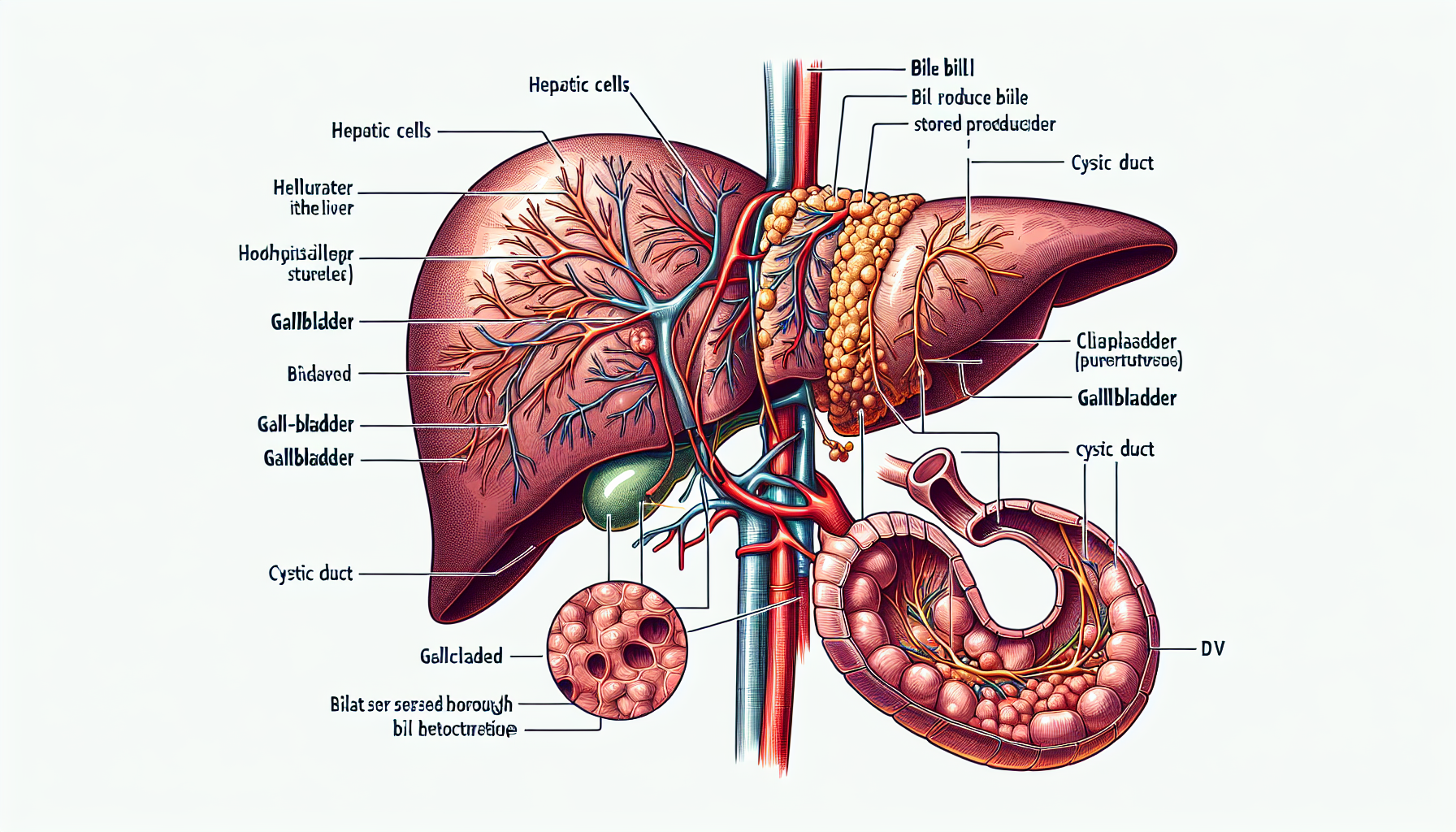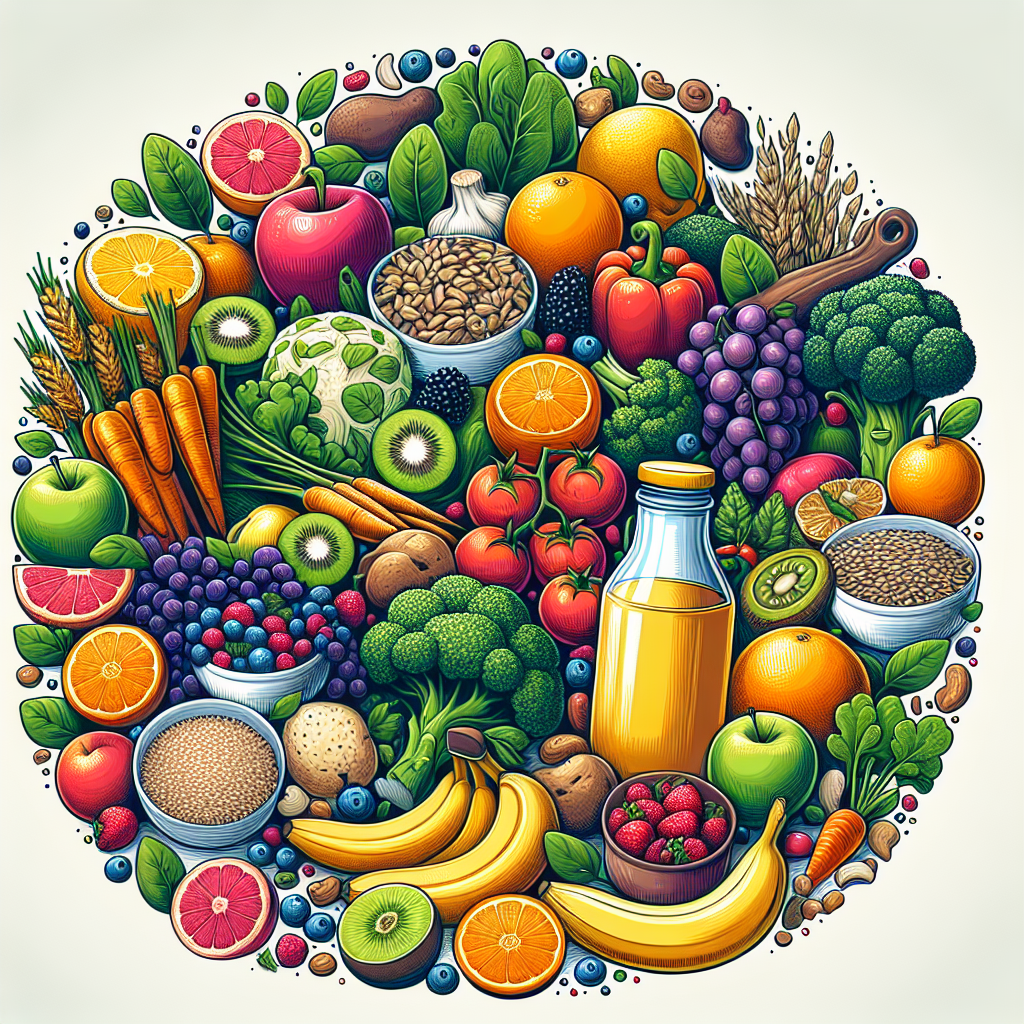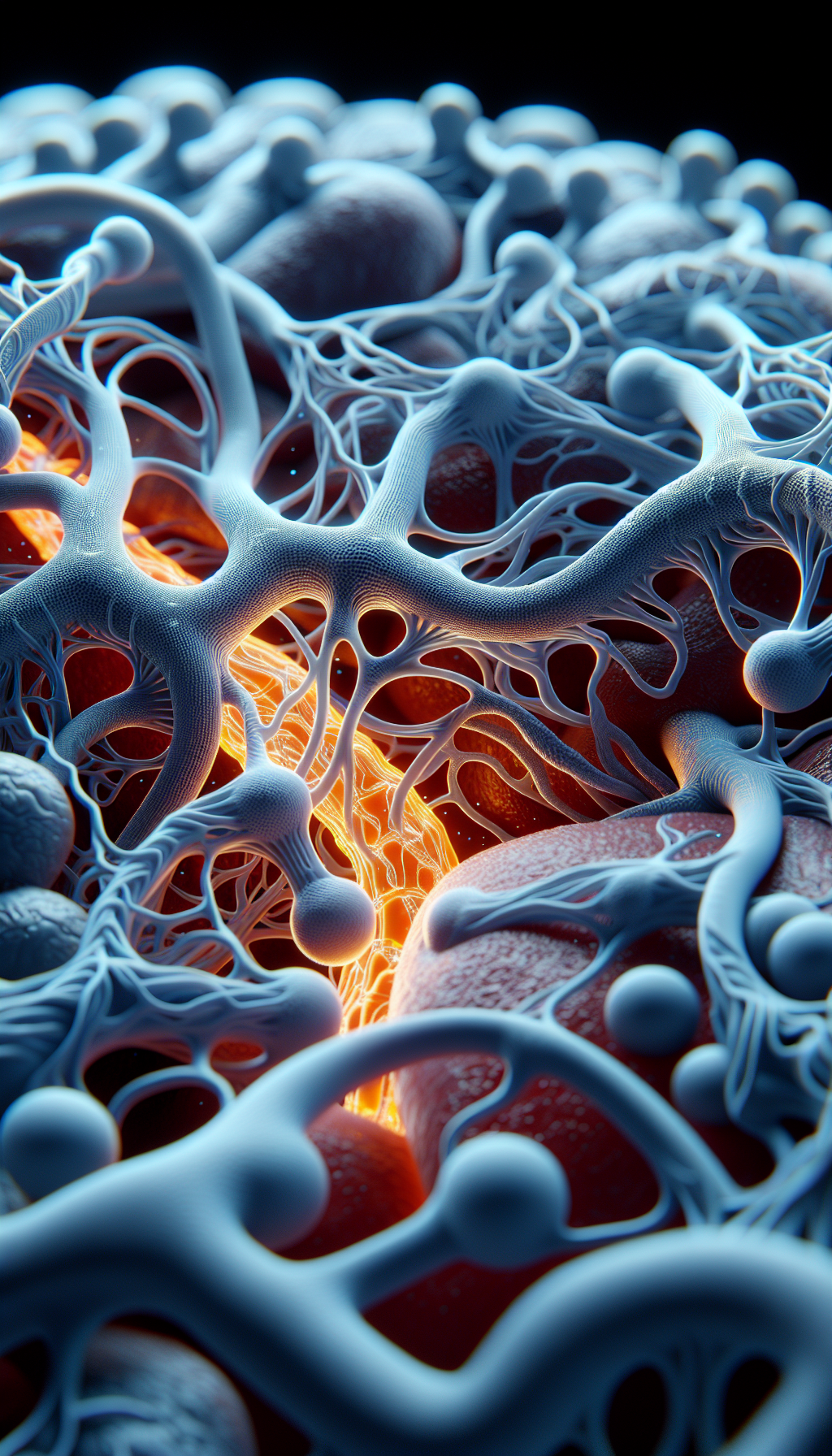Bile is one of the most critical components in the digestive system, yet its role is often overshadowed by more commonly discussed factors such as stomach acid or gut microbiota. This yellowish-brown fluid, produced by the liver and stored in the gallbladder, plays a pivotal role in digestion, particularly in the breakdown and absorption of fats. Understanding bile’s function offers a window into the complex and fascinating world of digestive health.
Bile’s Role in Digestion
The liver manufactures bile continuously, but it is during meals that bile is most active. When you eat, the gallbladder contracts, releasing bile into the small intestine. The primary components of bile are bile acids, which are critical for emulsifying fats in the food you consume. This process increases the surface area of fats, making them more accessible to pancreatic enzymes that further break them down into smaller molecules, which can be absorbed by the intestinal lining.
Without bile, our bodies would struggle to absorb fat-soluble vitamins such as A, D, E, and K. These vitamins are essential for maintaining bone health, supporting the immune system, and ensuring proper blood clotting, among other functions.
Bile Production and Cholesterol Regulation
Bile also has a role in cholesterol management. The liver uses cholesterol to make bile acids, which means the production of bile can help lower the body’s cholesterol levels. Furthermore, bile acids returned to the liver help regulate the synthesis of more bile, providing a feedback mechanism to maintain balance within the body’s cholesterol levels.
Bile and Gut Health
The gut is host to a complex ecosystem of bacteria that have a profound impact on overall health. Bile acids have antimicrobial properties, which can help regulate the populations of these microbes in the gut. This is crucial for preventing the overgrowth of harmful bacteria and maintaining a balanced gut microbiota, which is linked to everything from metabolism to mental wellbeing, as discussed in "The Role of Gut Bacteria in Metabolism and Weight Control" and "Exploring the Link Between Gut Health and Mental Wellbeing" on Avix Health.
The Link Between Bile and Disease
Disruptions in bile production or flow can lead to a range of health issues. Gallstones, for example, can block bile’s passage, leading to pain and inflammation. Chronic liver diseases like cirrhosis can impair bile production, resulting in poor fat digestion and vitamin absorption. Even the composition of bile acids can influence the risk of developing certain diseases, such as colorectal cancer, as the acids can have both protective and harmful effects depending on their balance within the gut.
Bile and Diet
Diet plays a significant role in the production and flow of bile. A diet high in fiber can promote the excretion of bile acids, reducing the risk of gallstone formation. The article "Benefits of a Plant-Based Diet for Digestive Health" on Avix Health highlights the advantages of dietary fiber and its impact on digestive health.
Conversely, a diet high in unhealthy fats can increase cholesterol levels, potentially leading to an excess production of cholesterol-rich bile that may contribute to gallstone formation. Meanwhile, a diet that includes good fats, like omega-3 fatty acids, can support healthy bile production and flow.
Enhancing Bile Production and Flow
There are several strategies to ensure healthy bile production and flow:
-
Hydration: Proper hydration is necessary for bile production. The article "How Proper Hydration Enhances Digestive Function" provides insight into the role of water in digestive health.
-
Regular Exercise: Physical activity can help maintain a healthy weight and reduce the risk of gallstones.
-
Balanced Diet: Consuming a balanced diet with adequate fiber, healthy fats, and nutrients supports the liver and gallbladder function.
-
Avoiding Rapid Weight Loss: Rapid weight loss can lead to an imbalance in bile composition and increase the risk of gallstones.
Bile-Related Conditions and Treatments
For those experiencing issues with bile, such as gallstones or bile duct obstructions, treatments may include medications to dissolve gallstones, surgeries to remove the gallbladder, or endoscopic procedures to clear blocked bile ducts. It’s essential for individuals with these conditions to work closely with their healthcare providers to determine the best course of action.
To understand more about gallstones and their symptoms, the article "Identifying Symptoms of Gallstones and Digestive Issues" is a valuable resource.
External Resources
For those interested in delving deeper into the intricacies of bile and digestive health, there are several high-quality resources available:
-
The American Liver Foundation offers comprehensive information on liver health and bile-related diseases.
-
The National Institute of Diabetes and Digestive and Kidney Diseases provides detailed educational materials on gallstones and bile duct diseases.
-
The International Foundation for Gastrointestinal Disorders is a repository of information on various conditions affecting the digestive system.
-
The World Gastroenterology Organisation offers global perspectives on digestive health and management of related diseases.
-
The Mayo Clinic provides patient-centered information on managing digestive health and improving bile function.
In conclusion, bile is a vital digestive fluid that facilitates the emulsification and absorption of fats, regulates cholesterol levels, and maintains a healthy gut microbiome. Understanding its role and how to support healthy bile production and flow can lead to better digestive health and overall well-being. Through a combination of a balanced diet, proper hydration, regular exercise, and careful management of body weight, individuals can support their bile function and prevent related health issues. For those with existing conditions, consulting healthcare professionals and leveraging the wealth of information available from reputable sources are essential steps toward effective management and improved quality of life.



